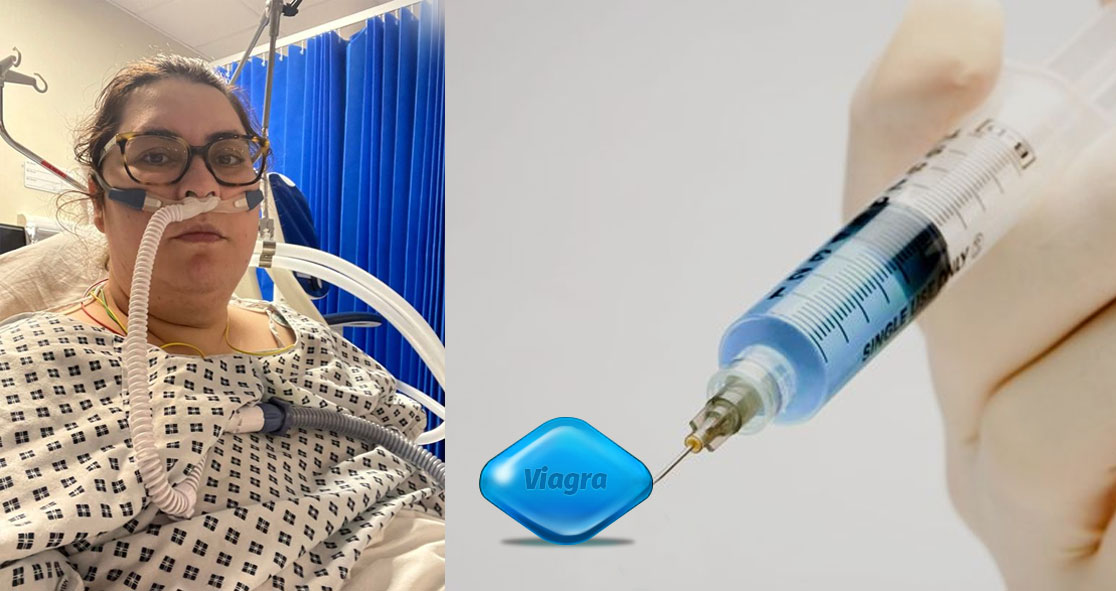Viagra (sildenafil) has saved a nurse who spent 45 days fighting for her life in ICU after catching COVID-19, according to Mirror UK.
Monica Almeida was given Viagra, the blockbuster erectile dysfunction (ED) drug, a week after she was placed into a medically induced coma.
The 37-year-old specialist respiratory nurse said the ED drug helped open up her airways, allowing her to breathe. She was discharged from the hospital on Christmas Eve. She is now recovering at home.
Almeida said, “It was definitely the Viagra that saved me. Within 48 hours it opened up my airwaves and my lungs started to respond. If you think how the drug works, it expands your blood vessels. I have asthma and my air sacks needed a little help.”
She said that the amount of oxygen she needed was reduced by around 50% after receiving Viagra.
Almeida said, “I had a little joke with the consultant after I came round because I knew him. He told me it was the Viagra, I laughed and thought he was joking, but he said ‘no, really, you’ve had a large dose of Viagra.’ It was my little Christmas miracle.”
Her husband Artur and her two sons (9 and 14) were also affected by the coronavirus.
Almeida was taken to Lincoln County Hospital, England, after experiencing breathlessness. She was taken to the ICU before she was placed into a medically induced coma on November 16.
At one point, doctors warned her family that she was on the brink of death.
Almeida said, “They were told my ventilator could be turned off within 72 hours. I could have been gone at just 37 years old, but I suppose I was a bit of a monkey and kept on fighting.”
She signed a document stating that she was happy to be in a study to try experimental drugs before being placed into a coma.
On December 14, she regained consciousness – thanks to Viagra. The drug helped improve her condition.
Almeida is recovering well. She is determined to get back to work. She said she owes her life to the staff at Lincoln County Hospital, where she works as a nurse.
She said, “I was in the COVID ward and then intensive care and I haven’t got a bad word to say about my treatment. I was listened to and included in everything about my care and I owe my life to those people.”
“When I left the hospital all the staff were in tears, it was so emotional,” she added. “They said I had just a 30% chance of survival, but I made it home for Christmas.”























